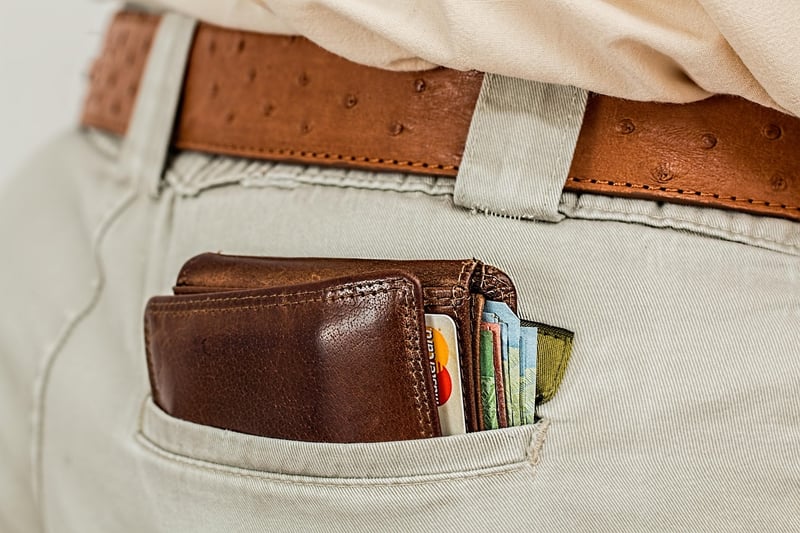Wallet Types
Understanding Wallet Types: A Beginner's Guide
When it comes to cryptocurrencies and digital assets, having a secure and reliable wallet is essential. However, with the myriad of options available in the market, choosing the right wallet can be overwhelming for beginners. This guide aims to provide foundational knowledge on different wallet types to help you make an informed decision.
1. Hot Wallets
Hot wallets are connected to the internet, making them convenient for frequent trading and transactions. They are often used for small amounts of cryptocurrency that you would be comfortable carrying in your physical wallet. Examples of hot wallets include online wallets, mobile wallets, and exchange wallets.
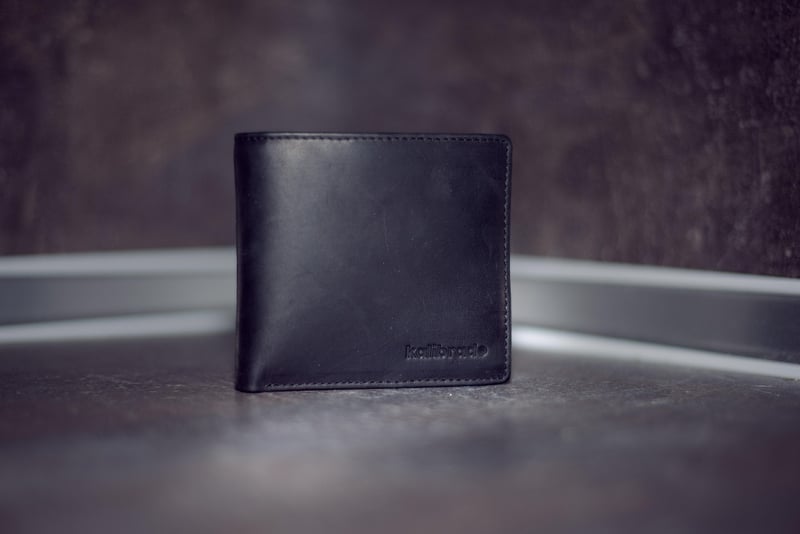
2. Cold Wallets
Cold wallets, on the other hand, are not connected to the internet, providing enhanced security for storing larger amounts of cryptocurrency. Hardware wallets and paper wallets are common types of cold wallets that offer offline storage solutions to protect your assets from cyber threats.
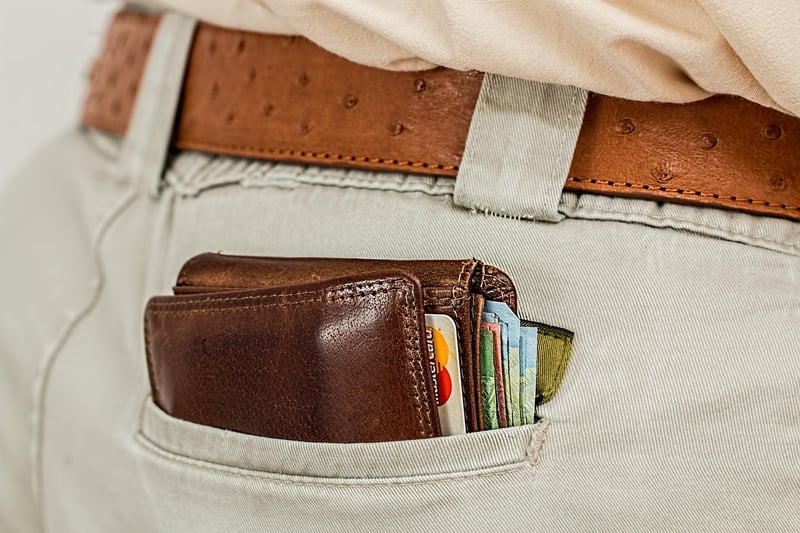
3. Desktop Wallets
Desktop wallets are installed on your computer and give you full control over your funds. They are accessible only from the device on which they are installed, adding a layer of security compared to online wallets. Popular desktop wallets include Exodus and Electrum.
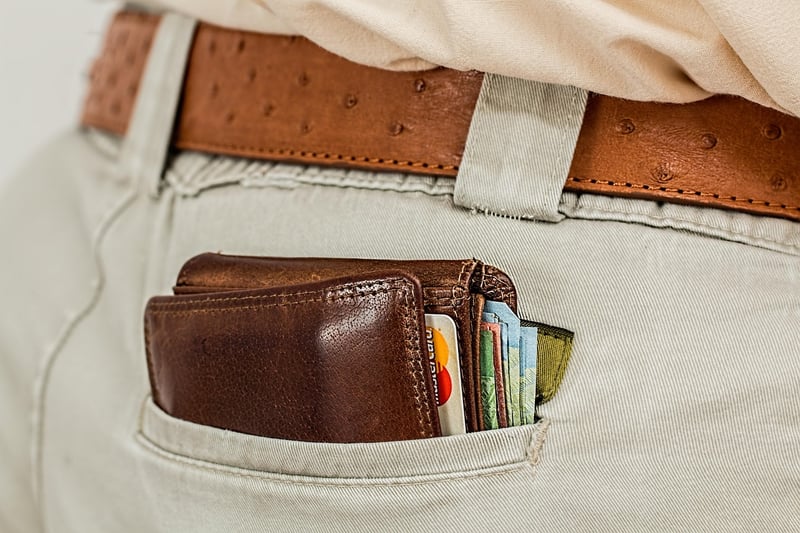
4. Mobile Wallets
Mobile wallets are designed for convenience and are accessible on your smartphone. They are handy for making payments on the go and can be used in physical stores that accept cryptocurrencies. Trust Wallet and Coinbase Wallet are well-known mobile wallet options.

5. Paper Wallets
As the name suggests, paper wallets involve printing your public and private keys on a physical piece of paper. While they offer offline storage, they require careful handling to prevent loss or damage. Paper wallets are considered one of the most secure ways to store cryptocurrencies.
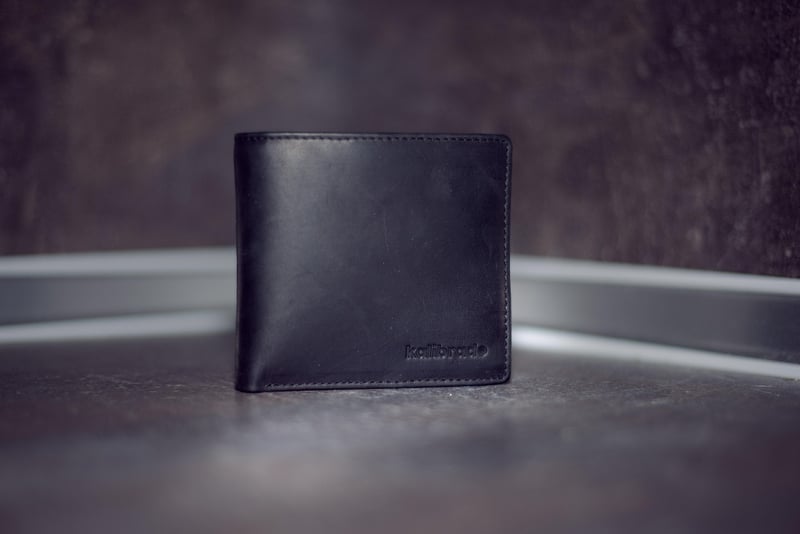
Conclusion
Choosing the right wallet type depends on your preferences, trading habits, and the amount of cryptocurrency you intend to store. It's crucial to prioritize security and usability when selecting a wallet to safeguard your digital assets effectively.
Remember, always research and understand the features and security measures of a wallet before entrusting it with your cryptocurrencies.
